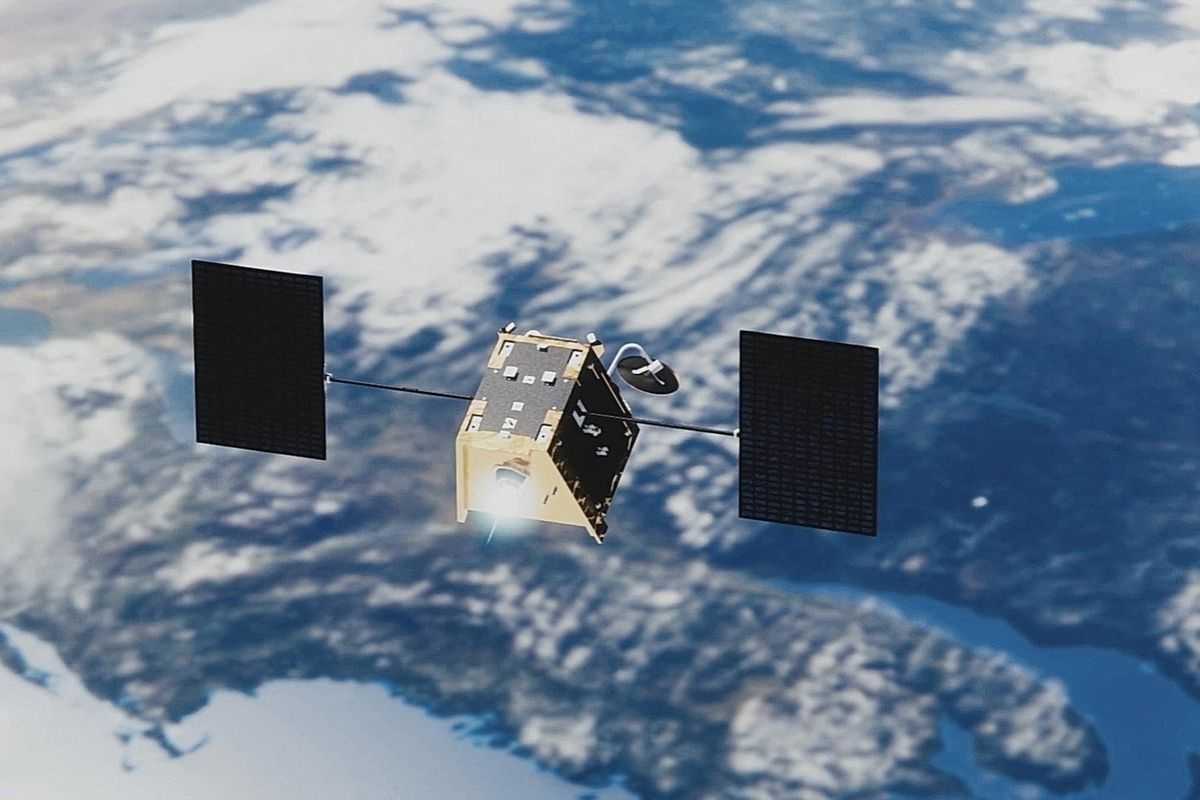OneWeb, a popular global communications company that is building up the capability to deliver broadband satellite internet services across the world on a large scale, seems to have caught the eye of the UK government. The company, which was founded back in 2012, also has ties leading back to India, since its major shareholder is Bharti Enterprises, which has a subsidiary in India that most of our readers would be well aware of Bharti Airtel. OneWeb has been planning to take on GPS in a bid to end the dominance that it holds, and, as per reports by City AM, the talks about the same have started to see some progress.
OneWeb to Take on GPS?
The report mentions that OneWeb, which is also government-backed, is reportedly in talks to build a UK based navigation system that can rival GPS (Global Positioning System). It mentions that UK space officials are currently reviewing options for investments in position, navigation as well as timing technology (PNT). For those of you unaware, the UK was forced out of the European Galileo satellite programme during the Brexit negotiations. This programme would mean a lot for the UK, as it would reduce the dependence of the UK on America and the EU. As of now, we know that the government had been working on building an alternative to Galileo and GPS back in 2020, but this was scrapped due to concerns of costs crossing over 5 Billion Pounds. Now, officials are looking for other options, with the Telegraph reporting a system involving OneWeb’s low earth orbit satellites under consideration. Officials have also drawn up numerous possible scenarios, such as OneWeb satellites receiving their data from systems like GPS or Galileo. Another alternative is broadcasting a separate backup signal that would be less vulnerable to interference. For those of you unaware, OneWeb came close to collapse last year, but the company was saved by a $1 billion bailout by the government and Sunil Bharti Mittal, an Indian billionaire. Back in January, Softbank, which is a well-known conglomerate, pumped approximately $400 million into this project, alongside $50 million from US telecoms group Hughes Network Systems. This tech has been rumoured to be a potential solution to roll out full-fibre broadband services, even in remote areas of the UK.
